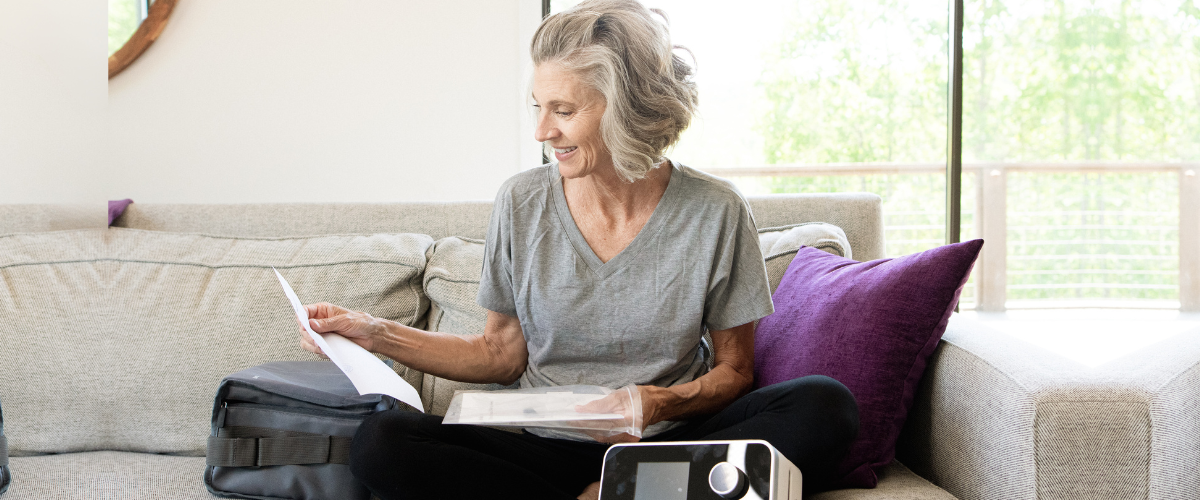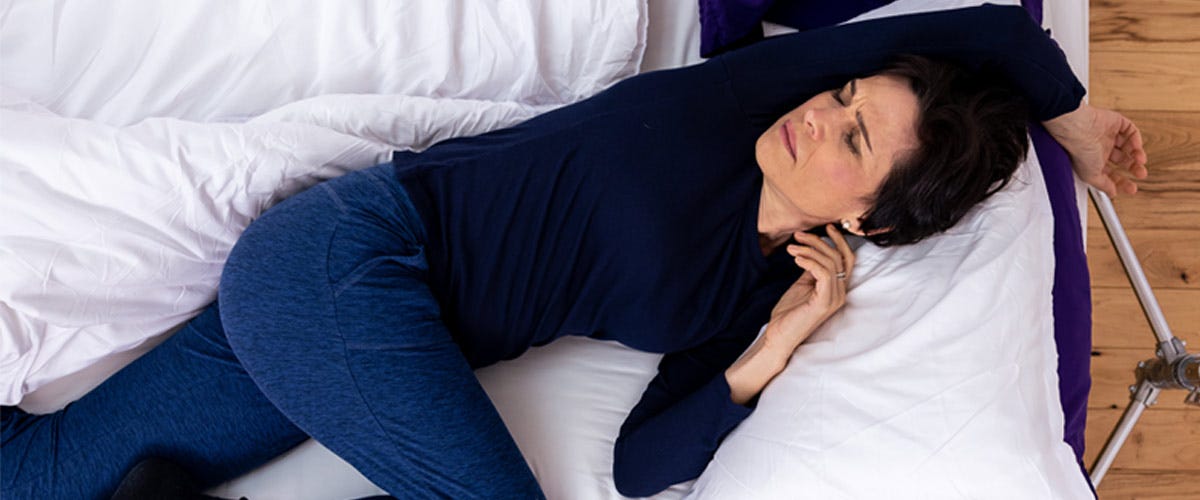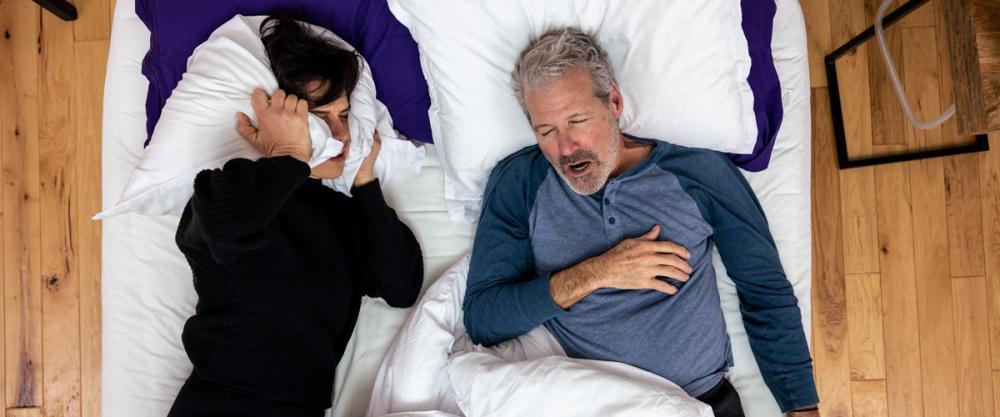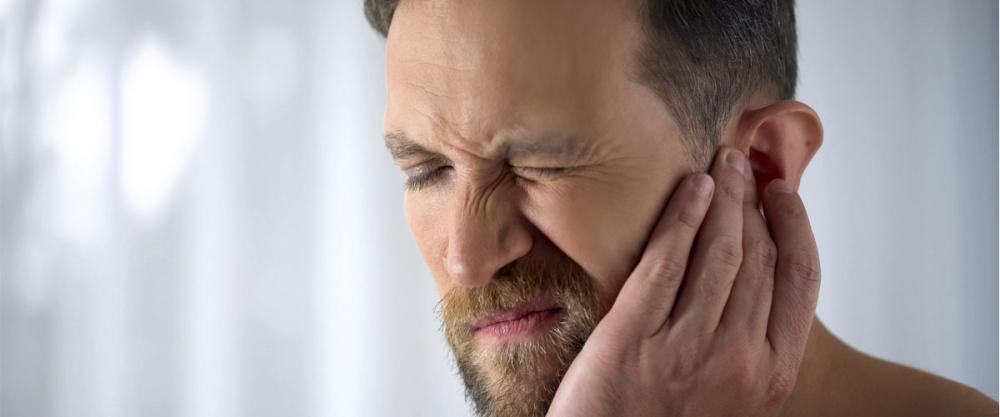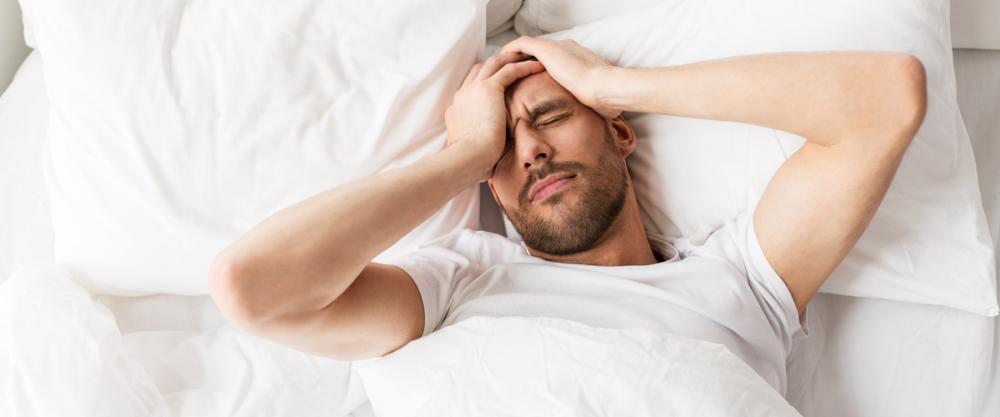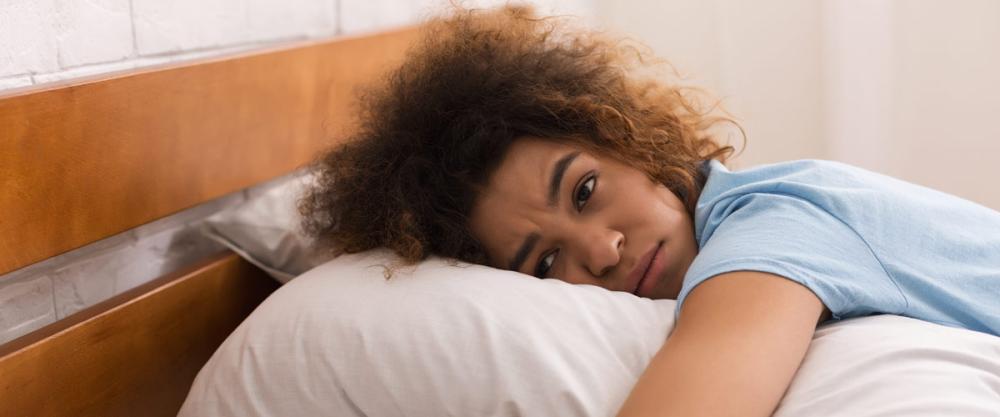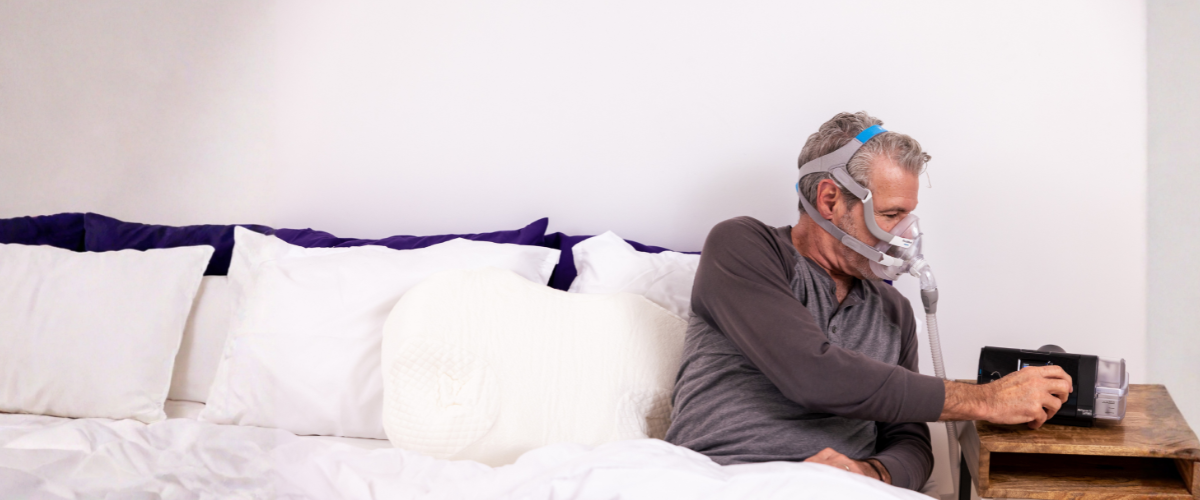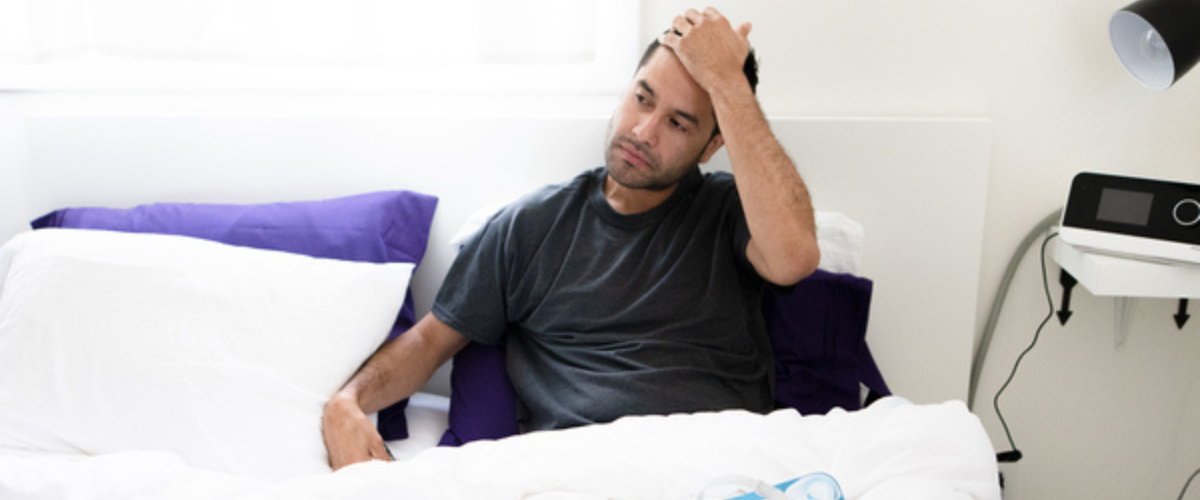
The Mouth Breathing & Sleep Apnea Connection (And Their Impacts on Your Sleep) , by CPAP supplies .
Breathing is something most of us take for granted. It's an involuntary action that sustains us from the moment we're born until our last breath. However, not all breathing is created equal. While most of us naturally breathe through our noses, some individuals are habitual mouth breathers. In the medical sense, this seemingly innocuous habit and natural style of breathing can have significant consequences, particularly when it comes to sleep apnea and overall sleep quality.
Read more
Posted in CPAP Products, CPAP Education, Sleep Apnea, Sleep Apnea & Other Conditions, Snoring, Sleep Disorders and Living with Sleep Apnea
![]()
Determining Your Treatment: The Benefits & Drawbacks of Different PAP Machines , by CPAP supplies .
Obstructive sleep apnea (OSA) and central sleep apnea are common sleep disorders that affect millions of people worldwide. Thankfully, there are numerous treatments available to help you experience a restful sleep. Many of these solutions come in the form of different types of PAP devices and PAP machines as options for overarching PAP therapy. Each of these sleep apnea treatment devices are able to address the various needs that arise from sleep apnea — it’s just about finding the right solution for you!
Read more
Posted in CPAP Products, Product Info - Machines, Product Info - Home Sleep Tests, Product Review/Comparison, CPAP Education, Sleep Apnea, Sleep Apnea & Other Conditions, Sleep Disorders, CPAP Benefits and CPAP Side Effects
![]()
Home Sleep Tests: The Simplified Way to Check for Sleep Apnea , by CPAP supplies .
At-home sleep apnea tests can help identify if you have obstructive sleep apnea (OSA) and lead you to proper treatment — all from the comfort of your own home and your own bed! Their affordability and convenience is coupled with high chance of accurate diagnosis, making it the easiest way to help you identify your sleep apnea treatment plan. There are many home sleep test options, and you can find our simple and effective home sleep test here!
Read more
Posted in CPAP Education, Sleep Apnea, Sleep Apnea Testing, Sleep Apnea & Other Conditions, Sleep Disorders and CPAP Benefits
![]()
The Best Sleeping Position for Sleep Apnea (And the Ones to Avoid)
As a new sleep apnea patient, it’s natural and sensible to research the least invasive (and least expensive!) treatment options to try first. This blog wants to close the case for you on the best sleep position for sleep apnea, best positions to keep heartburn and GERD at bay, and also teach you what positions to avoid for the sake of your overall quality of life.
Read more
Posted in Sleep Health, Sleep Apnea and Living with Sleep Apnea
![]()
What's the Difference Between Snoring and Sleep Apnea?
Poor sleep quality (for you and your partner!) is the most obvious result of snoring or sleep apnea. You’ll need to know the differences, though, to get effective treatment. We’re here to break it down so you can make an informed decision about when to see your doctor.
Read more
Posted in Sleep Health, Sleep Apnea, Sleep Apnea & Other Conditions and Snoring
![]()
The Connection Between Sleep Apnea, Tinnitus, and Hearing Loss
Sleep apnea is a sleep disorder that can be dangerous if not treated. Common symptoms include snoring, excessive daytime sleepiness, and agitation. It’s also known to increase your risk of cardiovascular problems and other health conditions. Recent studies have explored the link between sleep apnea and tinnitus. Some have found that people with sleep apnea have a higher risk of developing both tinnitus and hearing loss.
Read more
Posted in Sleep Apnea, Sleep Apnea & Other Conditions and Living with Sleep Apnea
![]()
What Are the Warning Signs of Sleep Apnea?
Sleep apnea is a common sleep disorder that can cause loud snoring at night and a wide range of daytime symptoms. Although sleep apnea is common, it is a serious condition. If it is left untreated, sleep apnea can lead to cardiovascular trouble, hypertension, and other complications.
Read more
Posted in Sleep Apnea and Living with Sleep Apnea
![]()
Do Sleep Apnea Exercises Help? (Plus 7 You Can Try Right Now)
Sleep apnea exercises are a hot topic for those who want to try non-invasive (and free!) lifestyle adjustments to reduce the severity of their breathing and sleep disorders. If you are serious about treating your loud snoring or obstructive sleep apnea more holistically, exercises can definitely help!
Read more
Posted in Sleep Apnea, Snoring, Living with Sleep Apnea, Sleep Apnea and Fitness and Sleep Apnea and Diet
![]()
Alcohol's Effect on Sleep Apnea
As a new or curious obstructive sleep apnea (OSA) patient, you may be wondering if alcohol use is linked to your condition. A good night’s sleep may not seem as tempting as a wild night of heavy drinking, but hangovers are only the beginning in the world of an OSA patient!
Read more
Posted in Sleep Apnea, Sleep Hygiene/Tips and Living with Sleep Apnea
![]()
Apnea and Angst: Can Sleep Apnea Cause Anxiety?
It can be tricky to untangle complicated anxiety disorders, but we can help you sort out the piece concerning OSA - or Obstructive Sleep Apnea. Let’s oust some unease with information!
Read more
Posted in Sleep Apnea, Sleep Hygiene/Tips and Living with Sleep Apnea







